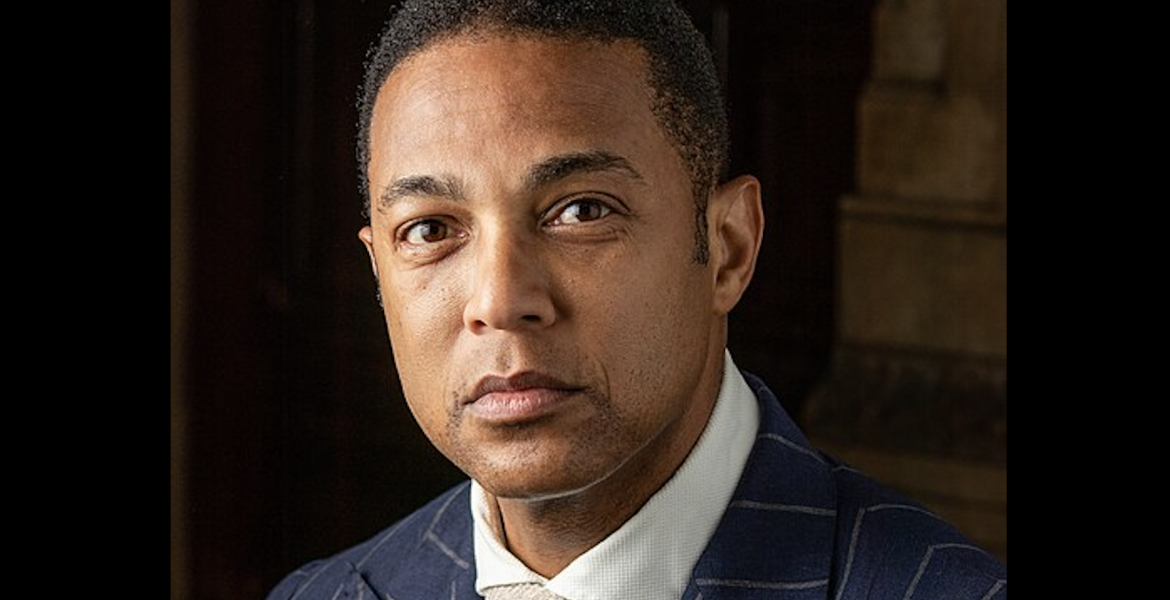The poet: articulately communicating the human experience as he knows it; his joys, pains, fears and philosophies. The poet is an artist, a sentient kaleidoscope of life, absorbing the commonplace images of our world and reflecting forth something more, something beautiful.
Sometimes the poet is lauded as one of the great thinkers of his age, a prime mover of thought and necessary contemplation; other times the poet is dismissed as aloof, and steeped in idle reverie. Irrespective of either school of thought, the consensus of most poets, of most artists for that matter, is that their craft is not one of altruism, nor obligation -- rather personal need.
In giving to themselves, poets gives of themselves, and the world is all the better for it.
During the late 1960s, in Baltimore, Md., a young poet named Wanda Robinson began her journey into the literary world, composing love poems -- for a quarter apiece -- on the behalf of neighborhood girls whose boyfriends and husbands were overseas in Vietnam.
As her popularity grew among classmates and peers, she tried her hand at spoken word poetry, reciting her poems into a tape recorder, to the sounds of popular jazz and soul records playing in the background.
Wanda's recordings eventually found their way to the local airwaves of Baltimore radio, and soon after elicited an offer for a record deal from New York's Perception Records, home of jazz music greats like Dizzy Gillespie and James Moody.
Perception opened their entire music catalog to Wanda, allowing her to choose from a wide variety of instrumentals to accompany her poetry. She chose a handful of tracks by the Harlem soul trio Black Ivory, hence the title of her 1971 debut of the same name.
Wanda's work isn't Homer or Petrarch, and it seldom hits the depth of her contemporaries, The Last Poets or Gil Scott Heron; what she does offer are the meditative viewpoints and astute observations of city life, as told by a young, African-American woman growing up in the 1960s. Social mores, injustice, politics, relationships, sex -- these things spoke to her, and ultimately through her.
Overtly sexual and tender one moment, militant and furious the next, the fluidity of her delivery and urgency in her strong, yet feminine voice lets her listeners know this is a woman with a lot on her mind, and definitely something to say.
On Instant Replay, Wanda delivers in smooth prose, the fleeting thoughts and disillusionment of a young woman, enamored with a man she's encountered for the first time.
In Tragedy No. 456, a man suffering from severe depression, adds insult to injury as he contends with his indifferent lover, and their codependent, dead-end relationship.
Sounding like something straight out of a film noir script, The Meeting Place delivers images of a drab nightclub, it's lonely, jaded piano player and the assorted, tragic personalities which pepper the atmosphere.
In 1973, Wanda's second album, compiled mostly of outtakes from the Black Ivory sessions, entitled Me & a Friend was released.
The album opens with a funky ode to retrospective optimism in A Possibility . Later, in the venomous Because They Envy Us, Wanda angrily bemoans the cultural appropriation of Black heritage in mainstream America.
A jazzy waltz compliments, yet contrasts the pensive and somber words of My Father Is Dying , as Wanda comes to terms with the gradual declining health of her once vibrant, strong father.
Soon after the release of her sophomore effort, Wanda became disenchanted with the music business and it's politics, along with the life and characters which came with it.
Eventually convinced that she was giving away her artistic input for mere "chump change", she resolved to settle into a life of obscurity and the anonymity of an average, working woman.
Wanda resurfaced much later -- now known as Laini Mataka, she's penned three books of poetry between 1988 and 2013, published by Baltimore's Black Classic Press: Never As Strangers, Restoring The Queen, and Bein A Strong Black Woman Can Get You Killed.
Today she occasionally participates in live poetry readings and guest speaking engagements, and recently expressed her interest in returning to recording, this time incorporating singing along with her poetry.
Over the years, her work has been the inspiration for up and coming writers and poets, and has been immortalized in and infused in the material of various electronic and rap artists.
Wanda once wrote, *"everybody has a story to tell, yet nobody listens". Forty-five years later, her poetry continues to be treasured by new and old fans alike, and so long as she has a story to tell, we'll all be listening.
* quote from The Meeting Place, (1971) Perception Records
Subscribe to the LIVE! Daily
Required






Post a comment to this article here: